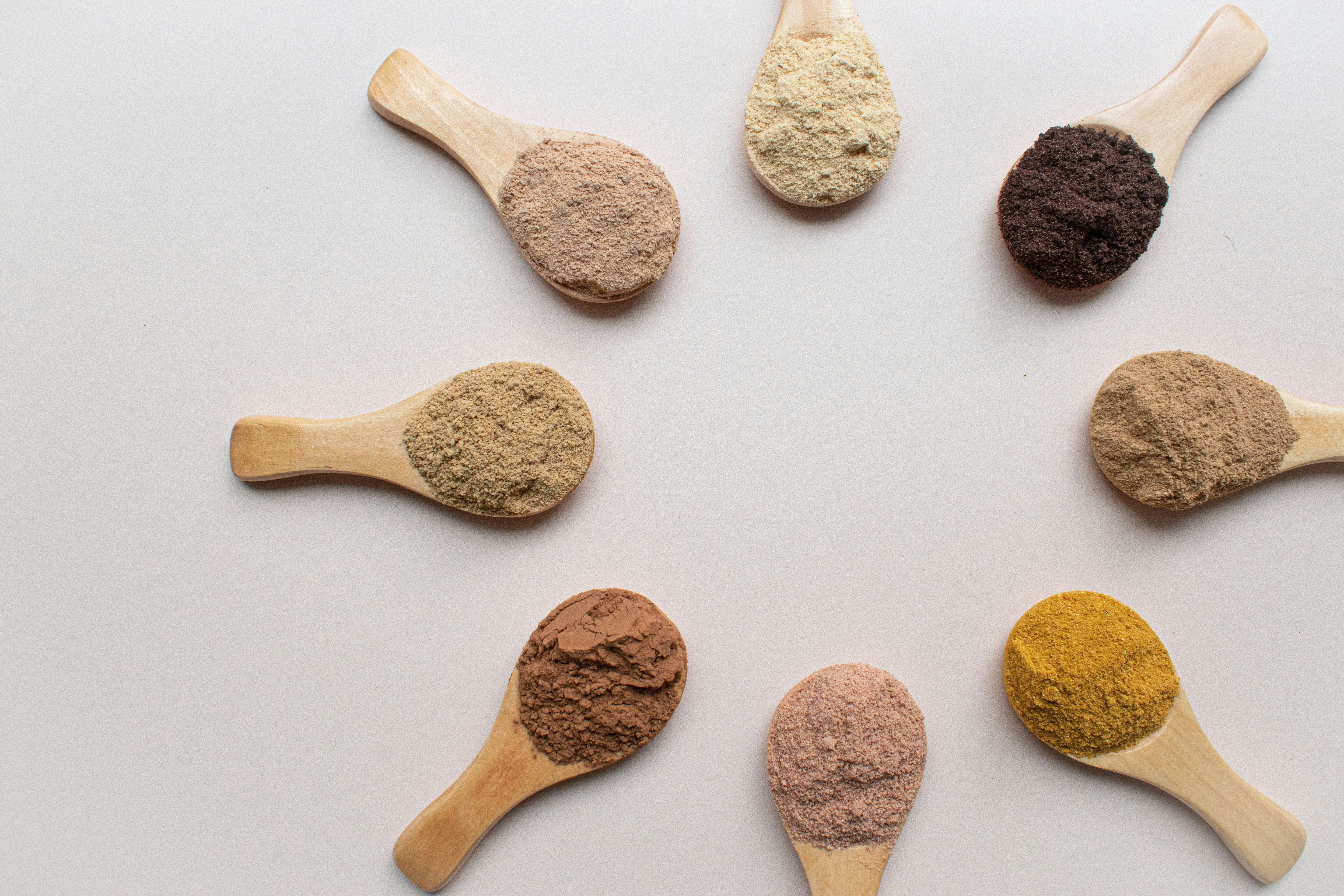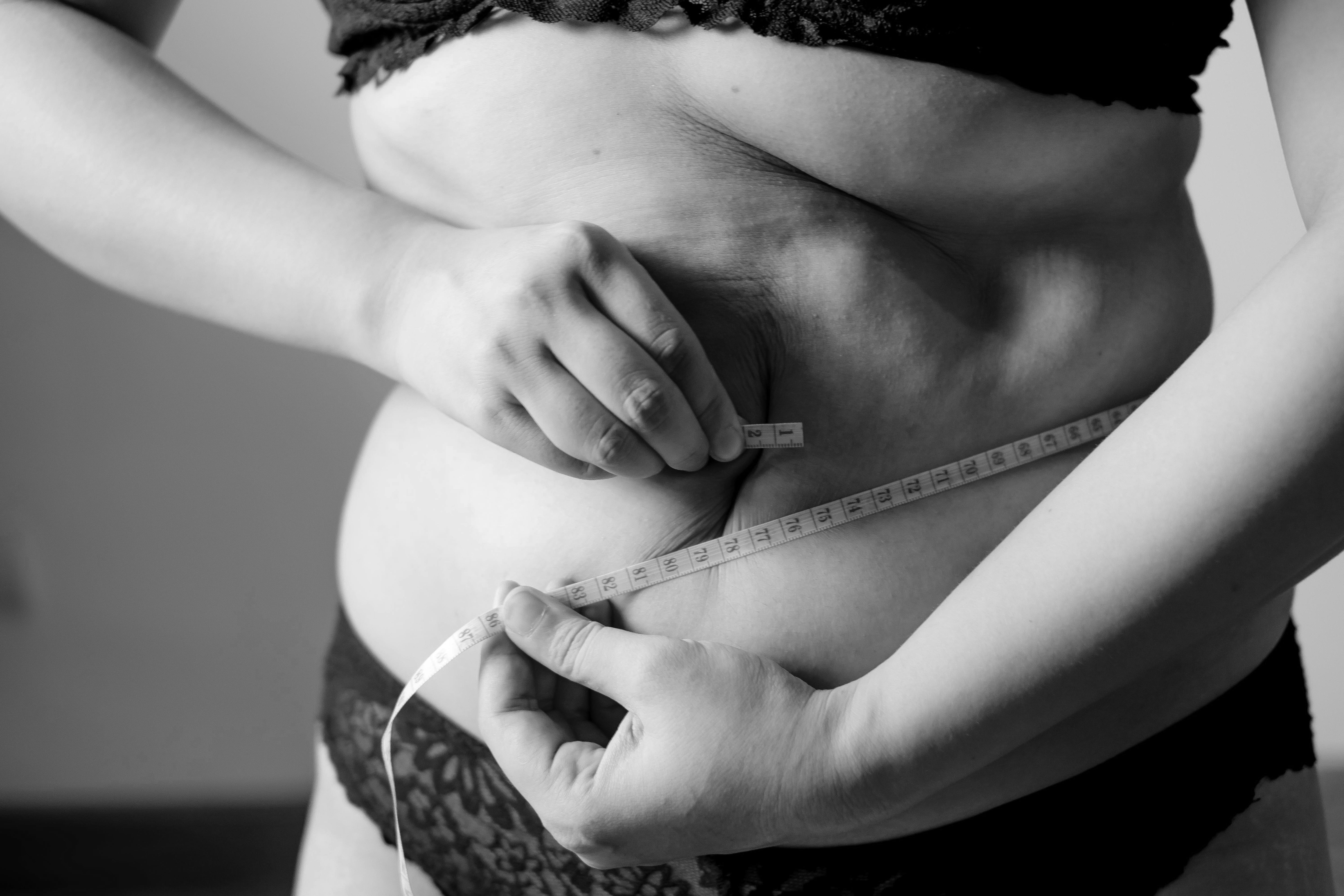What Really Causes PCOS? Understanding Root Causes and Subtypes to Personalise Your Treatment
Polycystic Ovary Syndrome (PCOS) is a complex hormonal condition that affects up to 20% of women of reproductive age. While common symptoms like irregular periods, acne, and ovarian cysts are widely recognised, the exact causes of PCOS remain unclear. Research shows that PCOS is not one-size-fits-all—its root causes and subtypes can vary widely from person to person.
Understanding these differences is key to building an effective, personalised PCOS management plan—one that might include the right supplements, nutrition strategies, and lifestyle shifts.
What Is PCOS and What Are the Common Symptoms?
Polycystic Ovary Syndrome (PCOS) is a hormonal condition that affects how the ovaries work. It’s one of the most common endocrine disorders in women of reproductive age—but because symptoms can vary so widely, many women don’t even realise they have it.
To be diagnosed with PCOS, a person typically meets at least two of the following criteria (known as the Rotterdam criteria):
-
Irregular or missed periods (due to lack of ovulation)
-
Signs of high androgens (such as acne, excessive hair growth, or hair thinning)
-
Polycystic ovaries on ultrasound (enlarged ovaries with many small follicles)
Even if you don’t meet all the criteria, you may still be experiencing symptoms of hormonal imbalance worth exploring.
Common Symptoms of PCOS Include:
-
Irregular periods or missed cycles
-
Difficulty getting pregnant
-
Weight gain, especially around the abdomen
-
Persistent acne or oily skin
-
Excess facial or body hair (hirsutism)
-
Thinning hair on the scalp
-
Fatigue or low energy
-
Mood swings, anxiety, or depression
-
Cravings for sugar or carbs
-
Skin tags or darkened patches of skin (acanthosis nigricans)
💬 Important: These symptoms can be caused by other conditions too, so it's essential to speak with a healthcare provider for accurate diagnosis and support.
The Multifaceted Causes of PCOS
Until today, the exact cause of PCOS is not fully understood, but it is believed to result from a combination of genetic and environmental factors.
Some of the main contributors include:
- Hormonal imbalances
Women with PCOS often have higher-than-normal levels of androgens (male hormones), particularly testosterone. These increased levels can disrupt normal ovarian function, preventing regular ovulation and leading to the development of multiple small cysts on the ovaries.
- Insulin Resistance
Insulin is a hormone responsible for regulating blood sugar levels. In women with insulin resistance, the body’s cells do not respond properly to insulin, resulting in higher circulating insulin levels. This can stimulate the ovaries to produce more androgens, disrupting ovulation and menstrual regularity.
- Genetics
PCOS tends to run in families, suggesting a strong genetic link. If you have a close female relative with PCOS, your risk of developing it is significantly higher.
- Chronic Inflammation
Many individuals with PCOS have low-grade, chronic inflammation. This type of inflammation may prompt the ovaries to produce androgens, potentially contributing to symptoms like acne, fatigue, and an increased risk of cardiovascular complications.
- Lifestyle factors
Although PCOS can occur in women of all sizes, excess weight may worsen symptoms by increasing insulin resistance and inflammation. However, weight is not the root cause for everyone, and even lean women can experience severe PCOS symptoms.
The Four Subtypes of PCOS
Recognising your PCOS subtype can help you take the guesswork out of your treatment plan.
1. Insulin-Resistant PCOS
This is the most prevalent form, affecting about 70-80% of the PCOS population. It’s marked by weight gain (especially around the belly), sugar cravings, fatigue, and high insulin levels on blood tests. High insulin levels prevent ovulation and stimulate the ovaries to produce excess testosterone. They can also disrupt ovulation and develop high testosterone-related symptoms such as acne, hair loss, or excessive facial hair. This subtype responds well to diet management, blood sugar stabilisation, movement, and insulin-sensitising supplements like inositol.
2. Post-Pill PCOS
This type occurs after stopping hormonal birth control, especially those that suppress androgens like Yasmin or Diane-35. You may see acne, delayed periods, and temporary signs of androgen excess. It typically resolves with time and supportive care.
3. Inflammatory PCOS
Chronic inflammation disrupts hormone signalling and ovulation. It can also elevate androgen levels. Women with this subtype may experience fatigue, skin issues, joint pain, digestive troubles, or autoimmune conditions such as thyroid disease or coeliac disease. Managing inflammation through diet and lifestyle is key. This is better screened and monitored by a medical professional or dietitian for dietary management. You should also monitor your food allergies and food intolerances.
4. Adrenal PCOS
Adrenal PCOS is driven by overproduction of DHEA-S, an androgen produced by the adrenal glands rather than the ovaries. This subtype is usually triggered by chronic stress or overstimulation of the adrenal glands. Women with this type often have normal insulin levels but elevated DHEA-S on blood tests.
Why Personalised PCOS Treatment Works Best
Most women don’t fall neatly into one category—they might have signs of both insulin resistance and inflammation, for example. That’s why a personalised, root-cause approach is essential.
This includes:
-
Comprehensive blood testing (including hormones, insulin, inflammatory markers, and more)
-
A review of your symptoms and medical history
-
Lifestyle, nutrition, and supplement strategies that support your unique hormonal profile
Final Thoughts
There’s no “one cure” for PCOS—but by identifying your unique root causes and understanding your subtype, you can take targeted steps toward healing. From nutrition and movement to supplements like inositol, your plan should reflect your body, your symptoms, and your goals.
Need help building your personalised plan? Browse our range of expert-formulated PCOS supplements or book a consultation with a women’s health dietitian.




Leave a comment
This site is protected by hCaptcha and the hCaptcha Privacy Policy and Terms of Service apply.